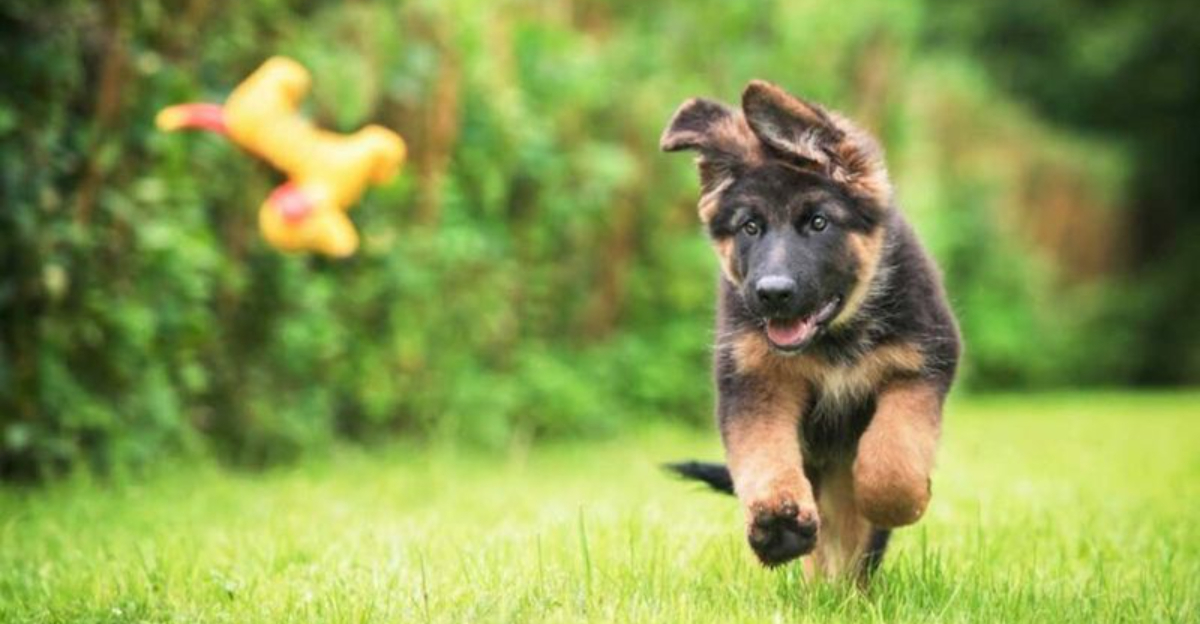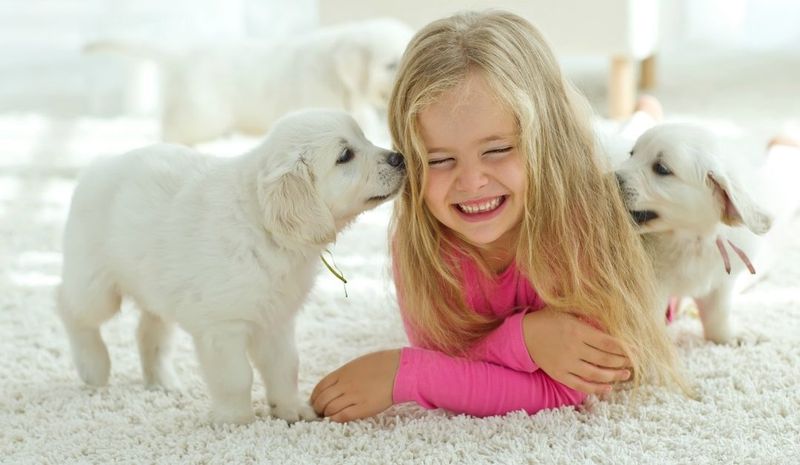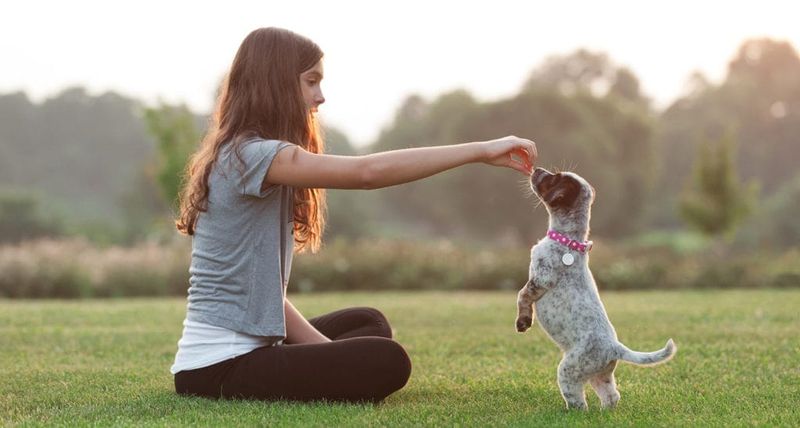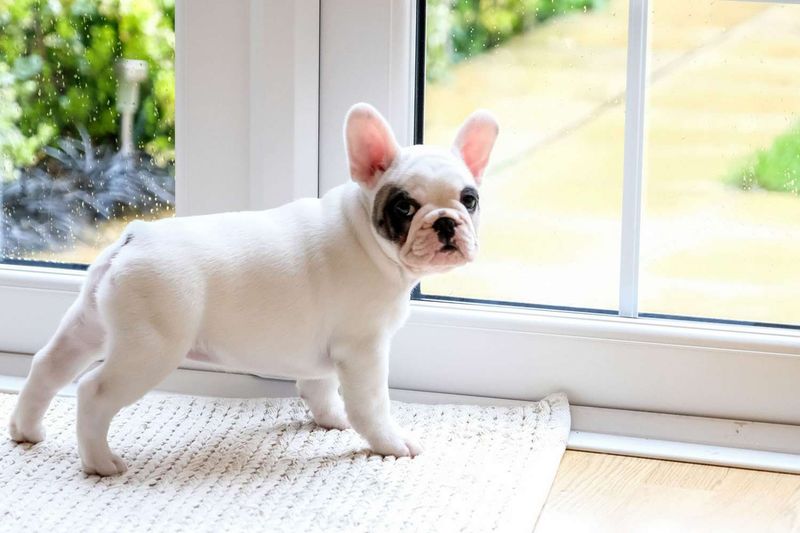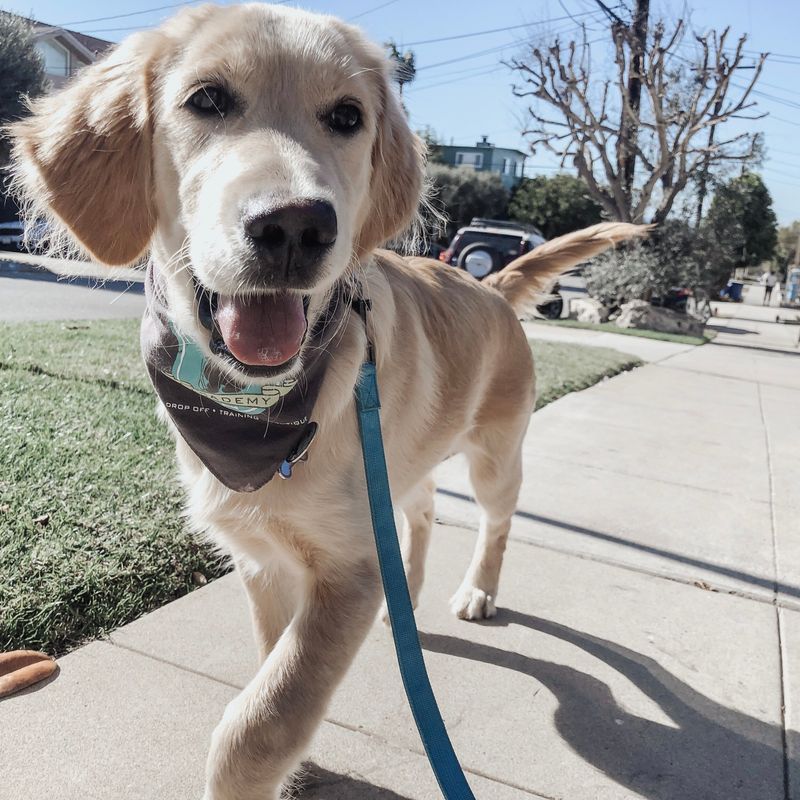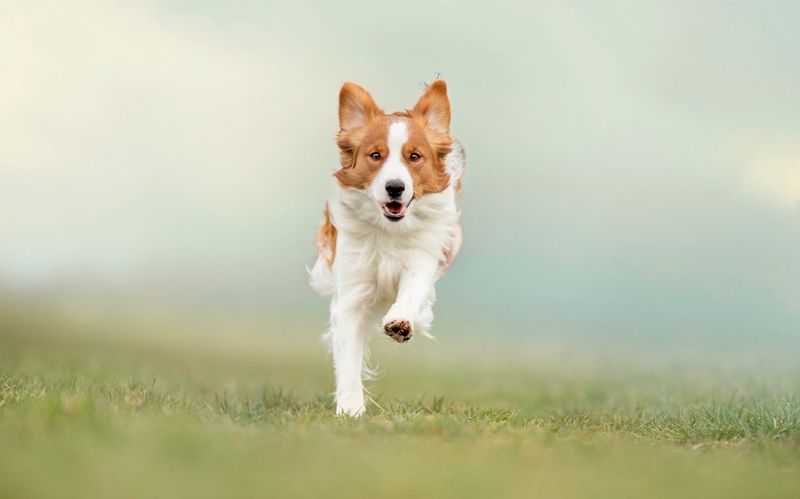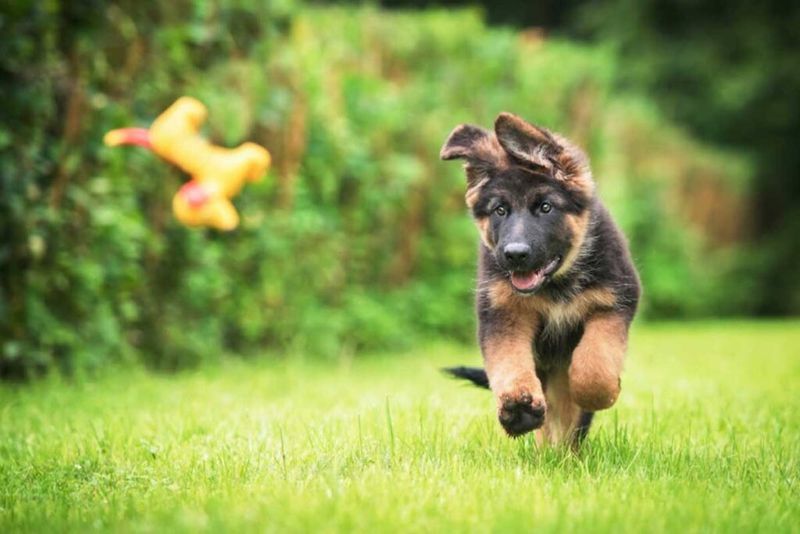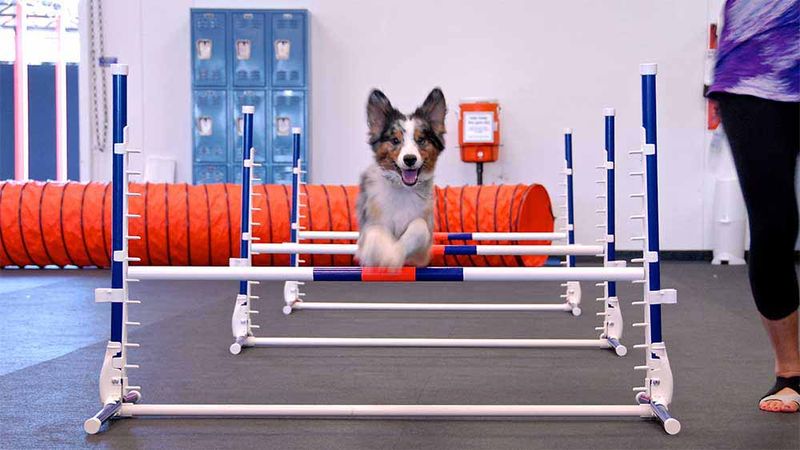Training puppies can be a delightful journey filled with laughter, challenges, and aha moments. Each milestone not only shapes your puppy into a well-behaved companion but also strengthens the bond between you and your furry friend. Knowing what to teach and when is crucial to ensure your puppy grows into a confident and well-adjusted dog. This guide outlines seven key training milestones by age, providing insights into what to focus on at each stage. From the exuberant first weeks to the more mature months, each milestone is a stepping stone to a lifetime of companionship.
8 Weeks: Socialization
The journey begins with socialization at around 8 weeks. Puppies are naturally curious, and this is a prime time to introduce them to the world. Imagine your little furball interacting with other dogs, people, and various environments. This stage sets the foundation for a well-rounded dog.
During these interactions, your pup learns essential social cues and builds confidence. It’s like opening a window to the world for them. Encourage positive experiences, as these impressions last a lifetime.
Fun Fact: A well-socialized puppy is less likely to develop behavioral issues later on. Start early and watch them bloom.
12 Weeks: Basic Commands
By 12 weeks, your puppy is ready for some basic commands. “Sit,” “stay,” and “come” are the building blocks of good behavior. Picture this: your pup eagerly awaiting your next command, eyes full of enthusiasm.
Training sessions should be short and fun, keeping your puppy engaged. Use treats and positive reinforcement to encourage success.
Did you know? Puppies have short attention spans, so patience is key. Consistency and praise will make these early lessons rewarding for both of you.
16 Weeks: House Training
House training becomes the focus at around 16 weeks. Your puppy’s bladder control is improving, making it the perfect time to establish bathroom routines.
Visualize the excitement when your puppy signals it’s time to go out. Celebrate these moments to reinforce good behavior.
Pro Tip: Consistency is crucial. Regular bathroom breaks and positive praise when they succeed will help your puppy learn quickly. Remember, patience is a virtue in this phase.
20 Weeks: Leash Walking
By 20 weeks, leash walking becomes a pleasant adventure. Imagine your puppy trotting happily by your side, tail wagging with every step.
This stage teaches them to walk calmly without pulling. The world is their playground, and you’re their guide.
Fun Fact: Puppies love to explore, and teaching them to walk on a leash opens up a world of adventure. Keep sessions positive and rewarding.
24 Weeks: Recall Training
Recall training is vital by 24 weeks. Picture your puppy bounding towards you with joy when called, ears flapping in the wind.
Recall is not just about obedience; it’s a safety measure. Always use a happy tone and reward your pup generously when they come.
Pro Tip: Start in a controlled environment and gradually increase distractions. Recall training is a game-changer for off-leash adventures.
28 Weeks: Advanced Commands
At 28 weeks, your puppy is ready for advanced commands like “roll over” and “fetch.” Envision the delight on their face as they master new tricks.
This phase strengthens the bond between you and your pup, making training a fun and rewarding experience.
Did you know? Teaching advanced commands keeps your puppy mentally stimulated and helps burn off excess energy. Make it a playful part of their routine.
32 Weeks: Confidence Building
By 32 weeks, focus on building confidence through activities like agility training. Your puppy’s personality is blossoming, and they thrive on challenges.
Imagine the pride as they tackle an agility course, weaving through poles and jumping over hurdles. These activities boost their confidence and physical fitness.
Fun Fact: Confidence-building exercises reduce anxiety and enhance your puppy’s problem-solving skills. It’s a journey of growth and discovery for both of you.
